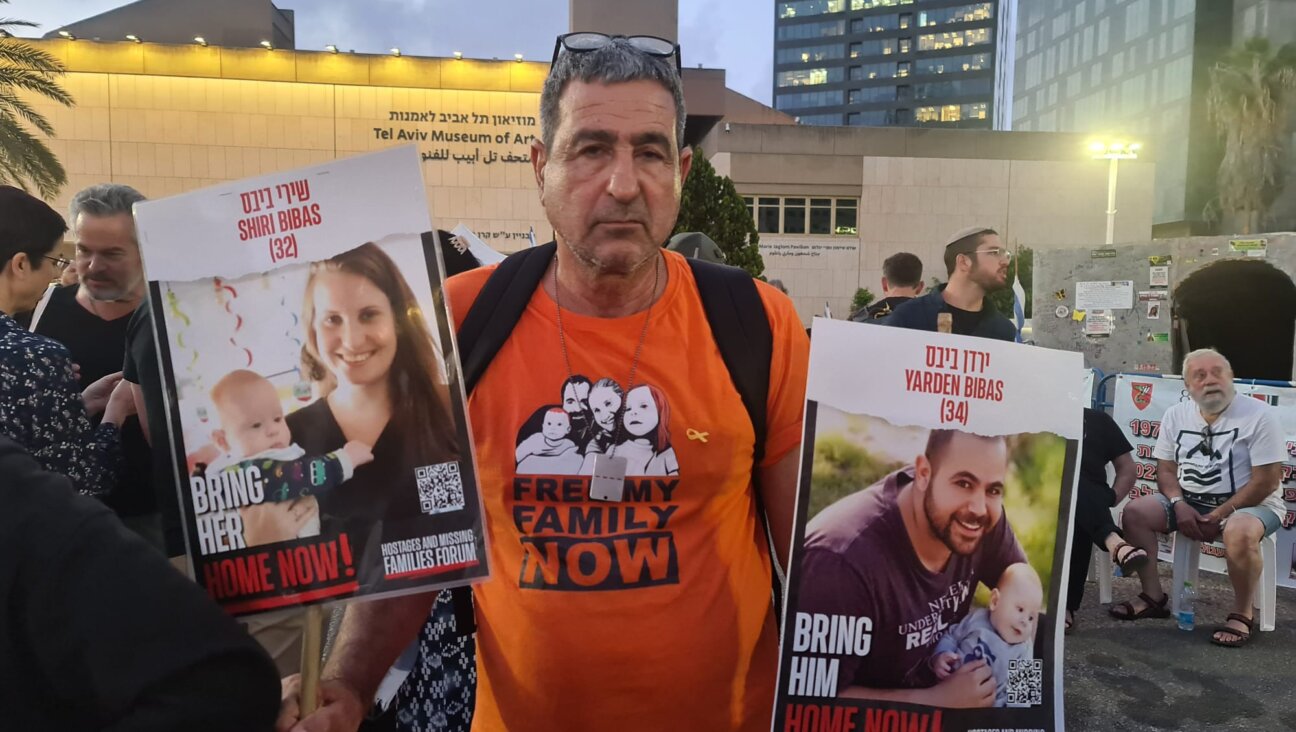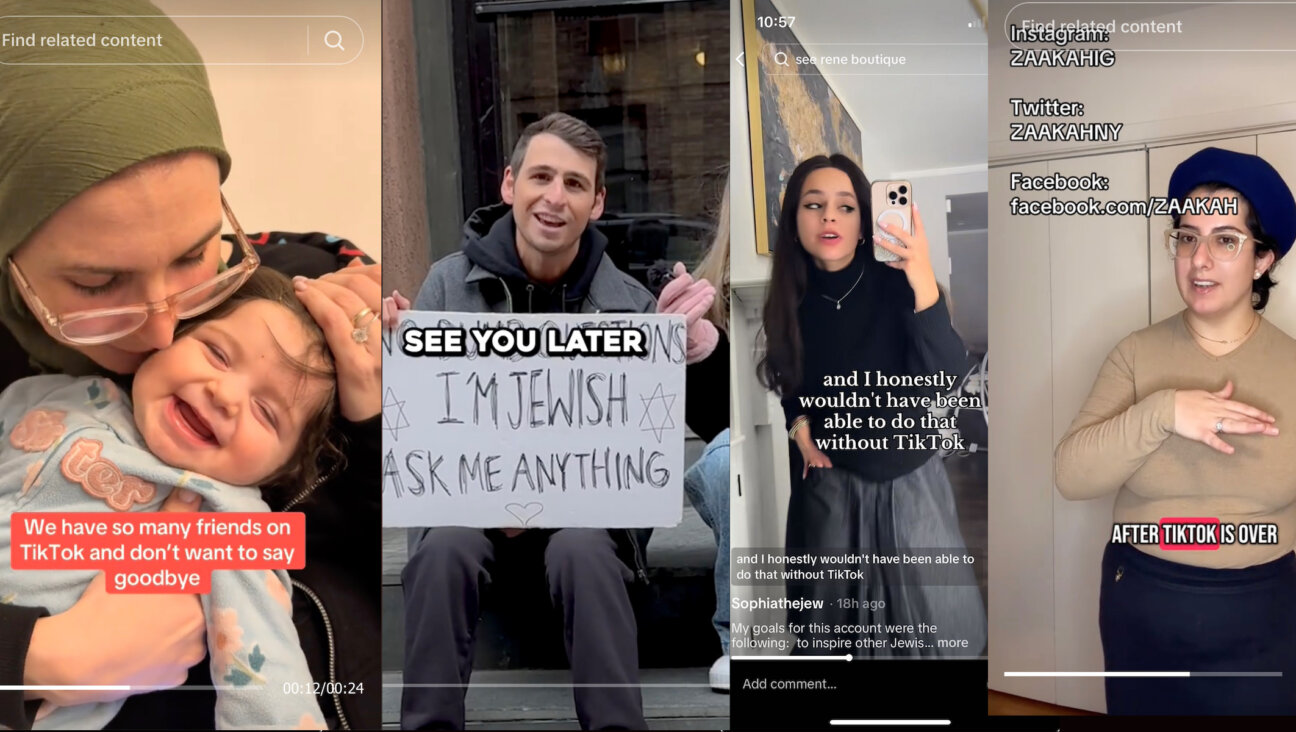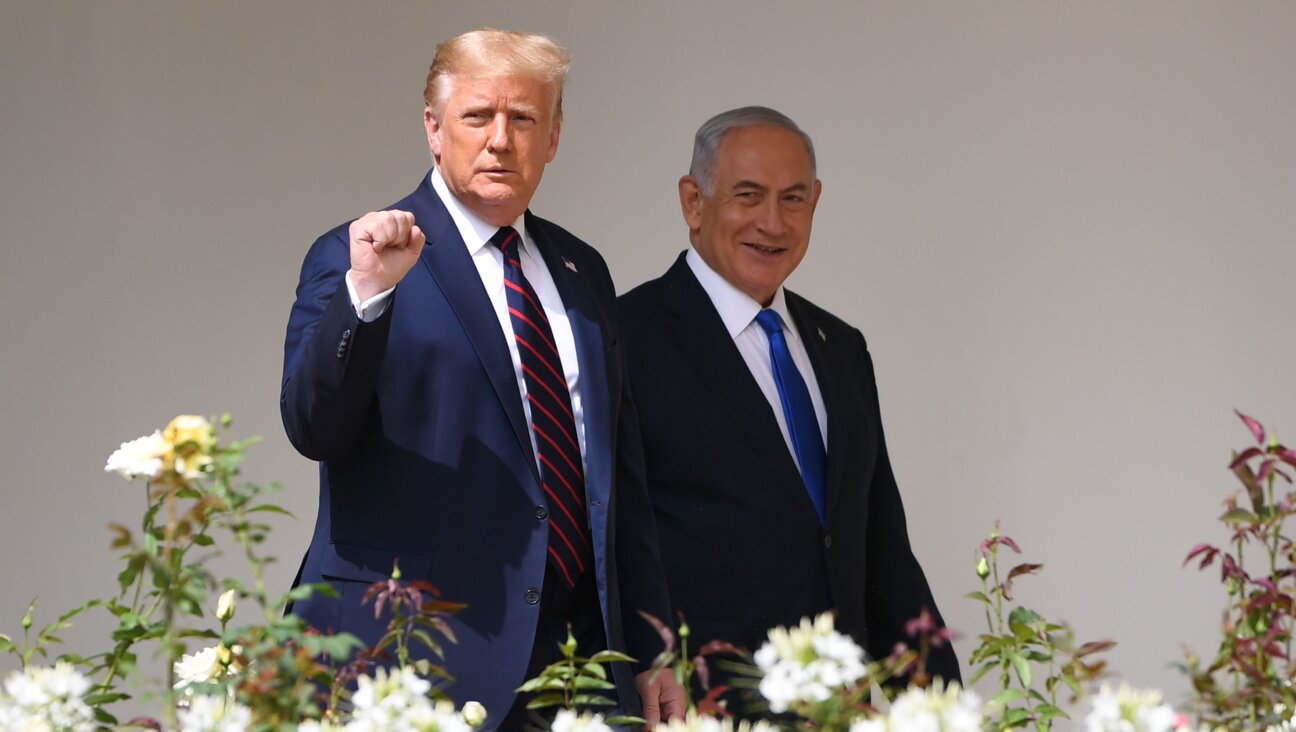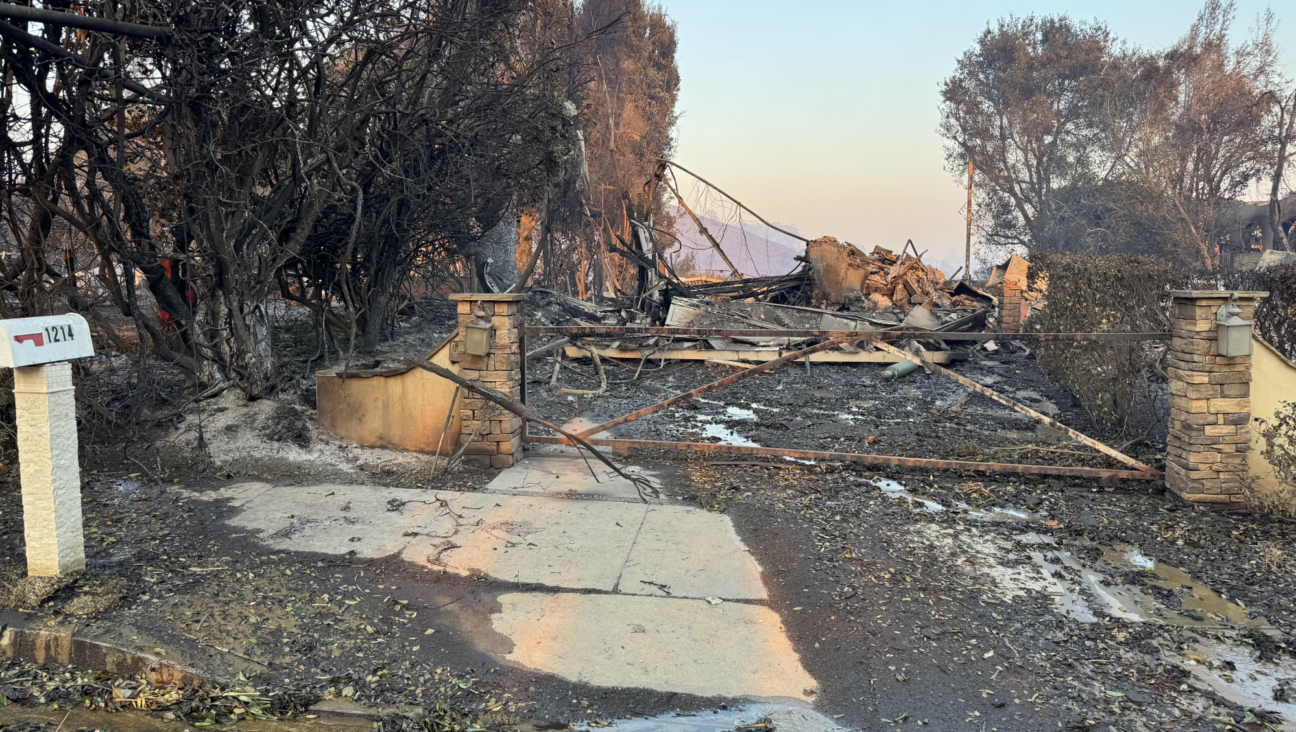Israel Grabs More Palestinian Land

Image by getty images
Israel has carried out a new land appropriation in the occupied West Bank, the Haaretz daily said on Sunday, in a move that could complicate efforts to extend troubled peace talks with the Palestinians.
Haaretz said the Defence Ministry declared nearly 250 acres (100 hectares) of territory in the Gush Etzion settlement bloc just south of Jerusalem “state land”. Asked by Reuters about the report, the ministry declined immediate comment.
The land appropriation, the left-leaning newspaper said, was the largest in years and could eventually lead to the expansion of several settlements and authorisation of a settler outpost built without Israeli government permission in 2001.
The measure, which falls short of annexing the land to Israel, is based on an Israeli interpretation of an Ottoman-era law that allowed the confiscation of tracts that had not been planted or cultivated for several years in a row.
Haaretz said the heads of nearby Palestinian villages that claimed the land as theirs were informed of the move last week and have 45 days to appeal.
It was not immediately clear whether the reported appropriation was part of sanctions that Israel has begun to impose in response to the April 1 signing by Palestinians of 15 international conventions and agreements during the current crisis in U.S.-brokered peace negotiations.
Hanan Ashrawi, a senior member of the Palestine Liberation Organization, accused Israel of trying to destroy chances for peace through a “frantic escalation” of settlement activity.
“This is the real face of the Israeli government,” she told Reuters. “This is a government hostile to peace moves and it’s taking steps which have a longer-term strategy.”
ISRAELI OPTIMISM
Speaking before the Haaretz report appeared, Israel’s chief peace negotiator, Tzipi Livni said on the YNet news site that she is optimistic the statehood negotiations will be extended beyond the original April 29 deadline for a deal.
“I believe that we are close enough to a decision on the part of both leaderships, encouraged by the Americans, to continue the negotiations,” she said.
Livni has been meeting her Palestinian counterpart Saeb Erekat in an intensive push over the past few days to try to salvage the talks.
Last week, U.S. Secretary of State John Kerry suggested that Israel’s publication on April 1 of a tender for 708 homes for settlers in East Jerusalem was the proximate cause for the near collapse of the talks, which began in July.
Israel’s anti-settlement Peace Now movement said on its website that at least 90 of the 120 Jewish settlements built in the occupied West Bank since its capture in a 1967 war are on “state land”. Most countries regard the settlements as illegal.
Palestinians seek a state in the West Bank and Gaza Strip, with East Jerusalem as its capital, and fear settlements will deny them a viable country. Israel cites historical and Biblical links to the West Bank and Jerusalem and says Gush Etzion is one of the enclaves it intends to keep in any future peace deal.
Citing Palestinian President Mahmoud Abbas’s signing of U.N. human rights conventions, Israel said on Wednesday it was limiting its contacts with Palestinian officials, although Livni could continue to meet negotiators.
Announcing another sanction a day later, an Israeli official said Israel would deduct debt payments from tax transfers which the Palestinian Authority routinely receives, and limit the self-rule government’s deposits in Israeli banks.
For his part, Abbas has accused Israel of violating a commitment to release two dozen prisoners at the end of March, including Palestinians convicted of killing Israelis, when the negotiations resumed. This is the last group of 104 prisoners Israel pledged to free as a confidence-building measure.
A message from our Publisher & CEO Rachel Fishman Feddersen

I hope you appreciated this article. Before you go, I’d like to ask you to please support the Forward’s award-winning, nonprofit journalism so that we can be prepared for whatever news 2025 brings.
At a time when other newsrooms are closing or cutting back, the Forward has removed its paywall and invested additional resources to report on the ground from Israel and around the U.S. on the impact of the war, rising antisemitism and polarized discourse.
Readers like you make it all possible. Support our work by becoming a Forward Member and connect with our journalism and your community.
— Rachel Fishman Feddersen, Publisher and CEO





















